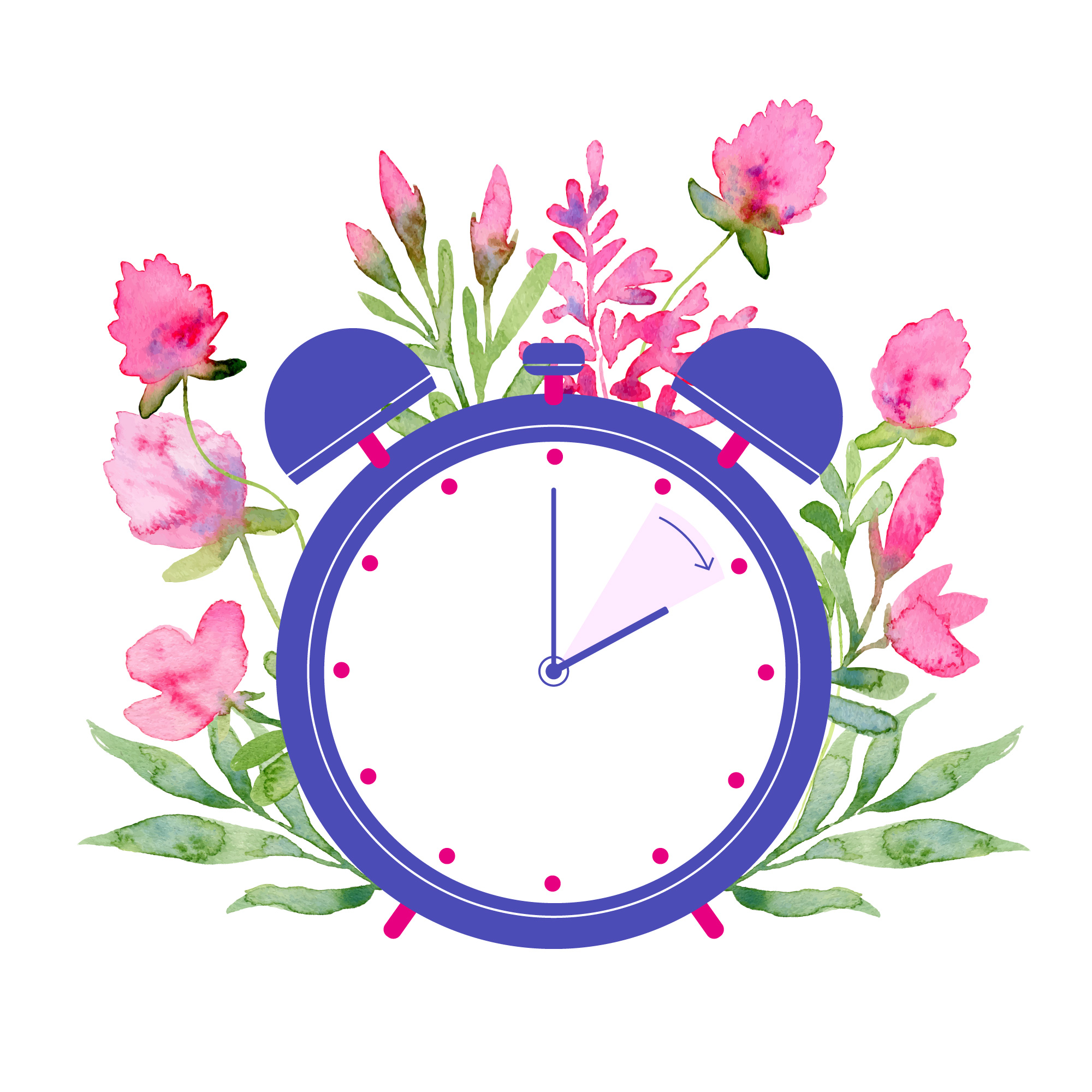Spring forward, fall back. This saying is commonly used to describe daylight saving time, the practice of moving clocks forward or backward to maximize daylight during the day — and in the beginning of November, the time to reset rolled around once more.
Daylight saving time, also known as daylight savings, typically advances clocks forward by one hour in the spring and resets to standard time in the fall. While it was first officially implemented in Canada in 1908, it is now used by around a third of countries around the world, including the U.S., France, Spain and Australia.
Proponents of daylight savings cite increased energy saving as its main benefit, claiming that more daylight results in less electricity use. According to a study by the Department of Transportation, electricity consumption is reduced by one percent on days with daylight savings.
Other benefits of daylight savings include increased safety and active lifestyles. This is due to longer daylight hours making it easier for cars to avoid sight-related accidents, as well as allowing more time for people to play sports.
However, daylight savings also disrupts the natural circadian rhythm and could negatively impact people’s health. In fact, daylight savings is linked with higher depression and suicide rates, as some suffer from seasonal depression, a more severe version of the winter blues.
Many RM students have personal negative experiences with daylight saving time. “I definitely am a little bit more tired and less energized, like right now, because it gets darker soon and I think it’s just like a more gloomy atmosphere,” junior Katherine Diao said. “I don’t really want to study or do anything, it’s like time for bed when it gets dark out.”
Diao also shared that daylight savings didn’t seem to have any benefits. “It’s just harder to get used to [the change] and I don’t think it really brings anyone anything,” she said. “I would just probably get rid of it altogether.”
Junior Maia Inati had a similar perspective. “It’s nice that there’s more light in the morning, like it helps you wake up, but then as soon as you get home it’s dark and then it feels like it’s night time as soon as we’re done with school and it’s the worst and I’m so tired all the time,” she said.
While the shift in time has tangible impacts on people’s daily lives, students also questioned its practicality. “The entire rationale is that it’s for farmers, and farmers don’t even want it anymore, so why do we still have it?” Inati said.
If you would like to voice your opinion on an issue you feel is relevant to our community, please do so here. Anyone is able and welcome to submit a Letter to the Editor, regardless of journalistic experience or writing skills. Submissions may be published either online or in a print issue.








